Visualization generates new data. The infographic itself becomes research material. One question answered reveals ten more worth asking.
Data arrives digital. The last mile should be physical. Weight, texture, smell. Hand-cut cardboard says something pixels can't.
SQL to spray paint. Blender to wood carving. AI generation to felt-tip pens. Use every tool available because the goal is actionable insight, not tool purity.
Sankey diagram showing Istanbul citizens' holiday travel patterns by destination and trip duration. One visualization answering: which holidays, which countries, what percentage, how long.
Built from GSM network data. Used by tourism planning authorities and transportation companies to predict seasonal demand.
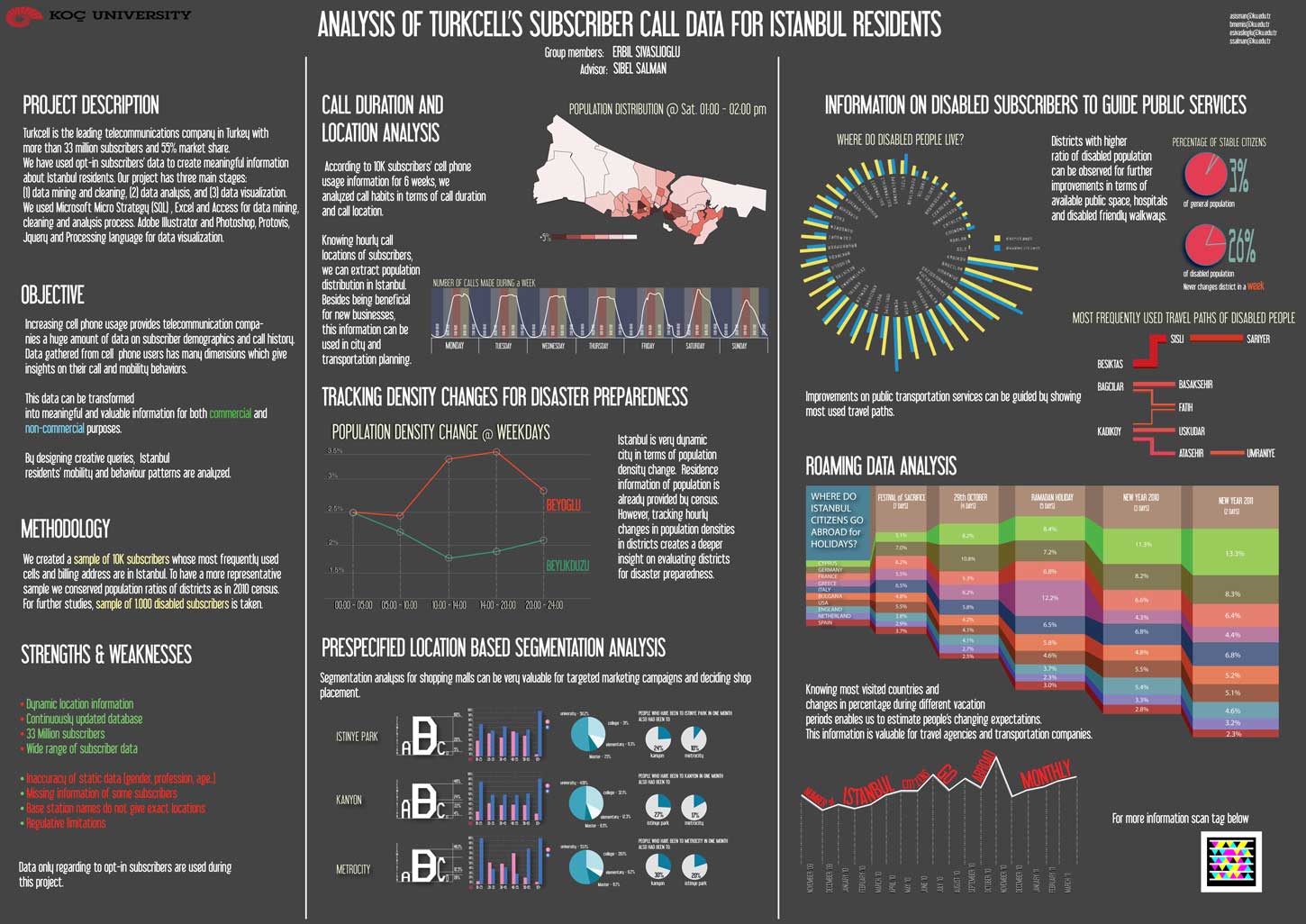
A data curve shaped like a valley doesn't need to be abstract anymore.
Generate the hyper-realistic landscape. Then laser cut it.
Then hand it to your team to paint with felt-tip pens.

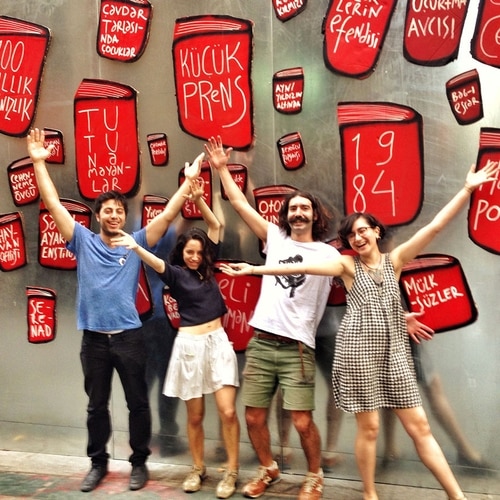
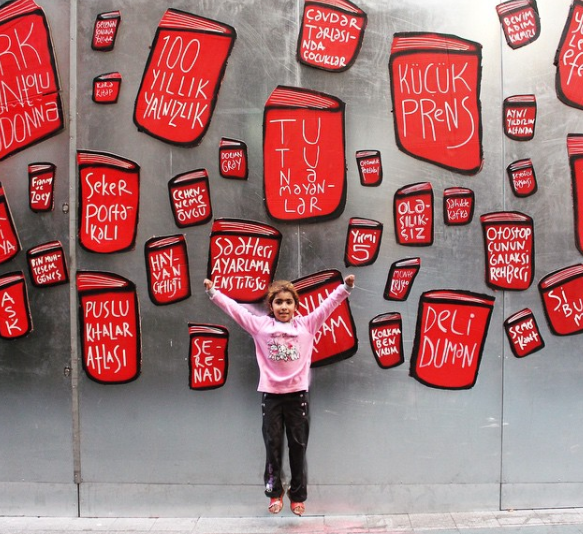
Asked communities at street events: "Your 3 most loved books?" Hand-cut cardboard books, painted red, labeled with Posca pen.
Then we left the wall on the street for 72 hours and tracked which titles people stole to hang in their rooms.
Two data layers: what people say they love vs. what they take home.
The visualization became the research instrument.
When it comes to visualizing sound, and changes in frequencies 3D visualizations help a lot. These renders are not just made for visual, but to deepen the understanding of the changes I'm making on the Wooden Sound System's passive amplification of sound.
A simple 1K Hz signal test, can help visualizing the peak increase but why stop there? Here are some of the experiments.
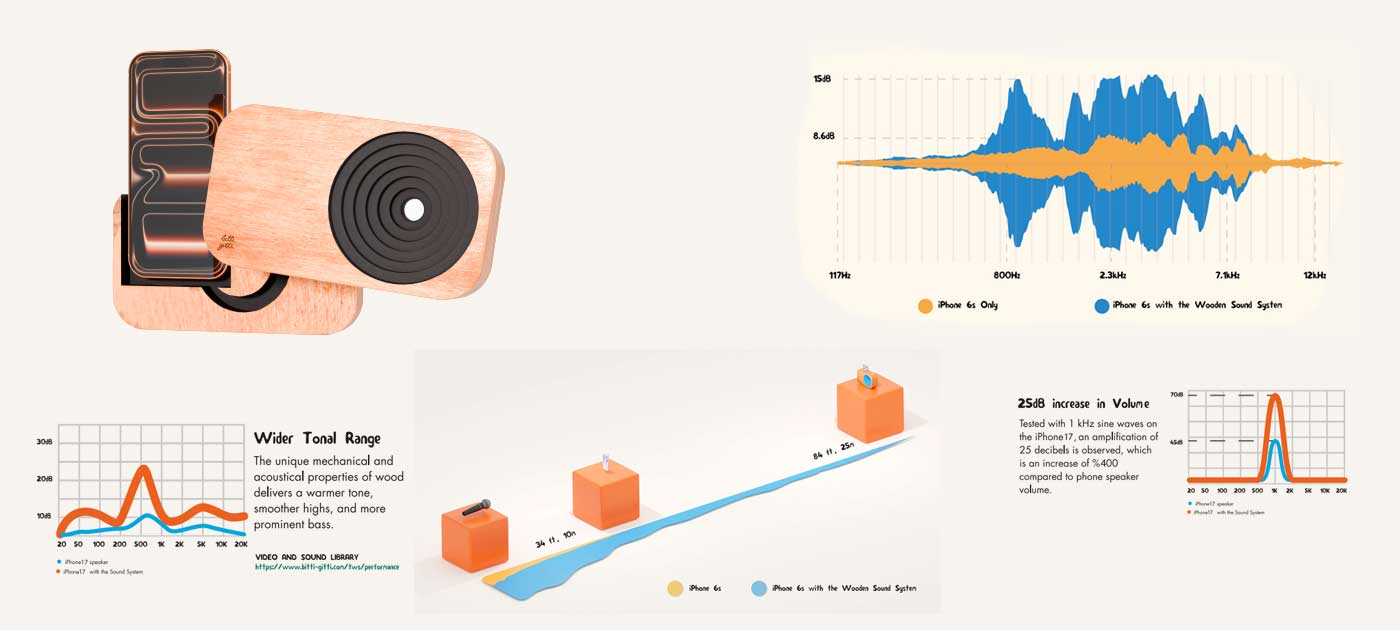
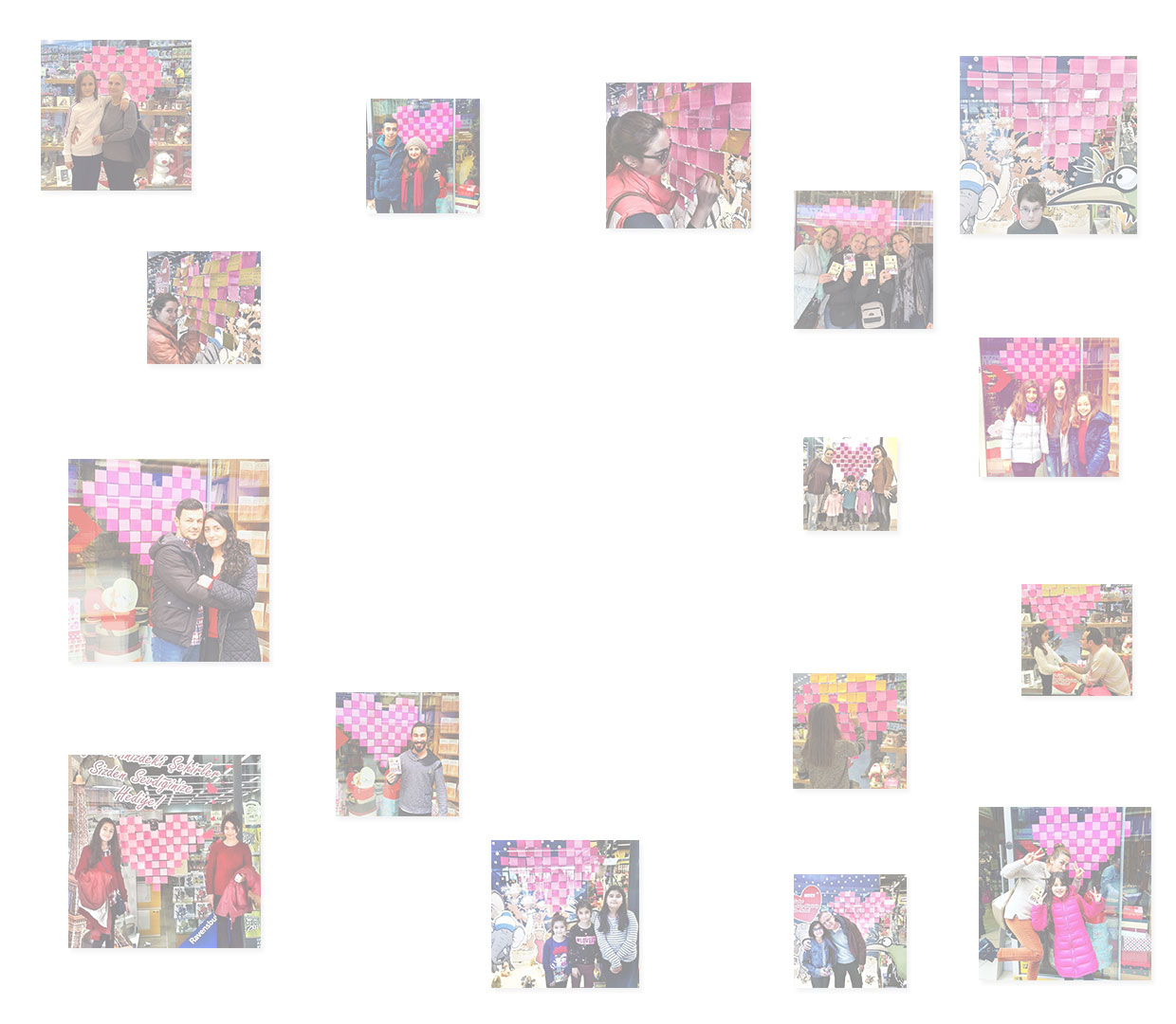

Valentine's Day installation for 3M. Pixelated hearts made from pink Post-its on bookstore windows across the city.
Each person removed one, wrote their message, put it back. The installation filled itself with user-generated content. Hundreds participated. Thousands posted photos.
Design becomes participation platform. Participation generates content. Content spreads organically.
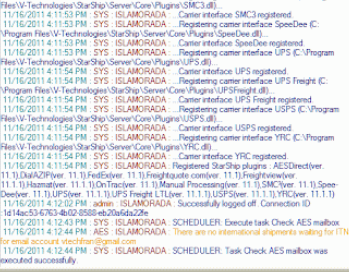
SQL queries, algorithmic analysis, pattern recognition. Finding the signal in millions of data points through rigorous computational methods.
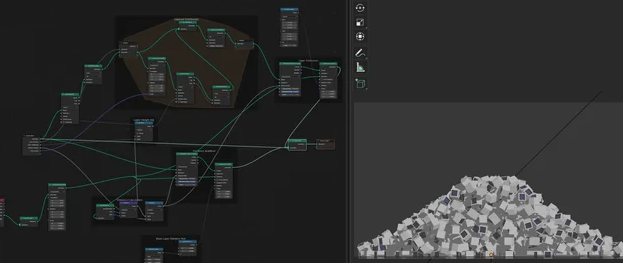
With tools like Processing, Blender, and 3D printing, we translate insights into forms that bridge the screen and the physical world.
From wood carving and spray painting to hand-cut cardboard and Posca pens, this is the final mile where data becomes something you can smell and feel.
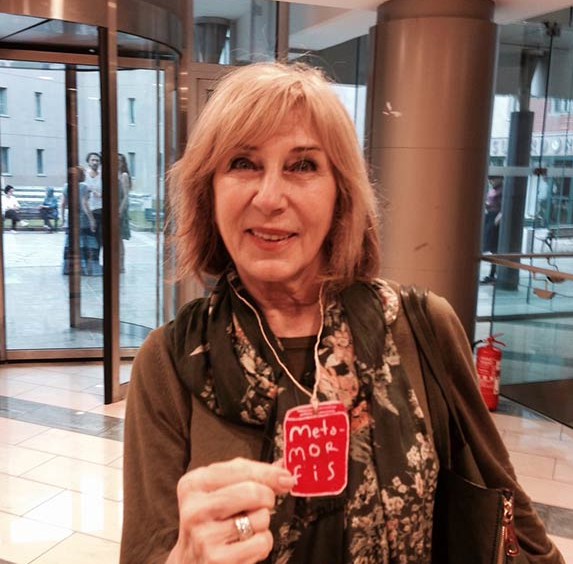
Designing for emergence, creating conditions where communities generate data through natural interaction, playful theft, and contribution.
Started at a TOFAS production line during my first industrial engineering internship - rearranged modules to free up 30m² while maintaining ergonomics and timing constraints. Fell in love with production, machining, and optimization right there.
Graduated from Koç University Industrial Engineering with Best Final Project Award - mapped Istanbul's movement patterns through GSM data, work that influenced municipal infrastructure and emergency planning.
Moved deeper into data at Turkcell, managing mobile ad optimization systems with millions of data points.
Then London - Shillington College to learn design. Realized good ideas need good presentation. Design isn't just aesthetics, it's how things work. Started building apps and websites for my own projects. Freelancing evolved - custom sites for Google, startups across Europe.
Pattern emerged: companies have employees who need to learn, create, be engaged. Hand craft met corporate needs.
Founded BittiGitti - screen printing kits, cyanotype sets, notebook-making workshops. For homes and corporations. The same pitch energy from "I'll build your custom site" became "I'll design your memorable workshop."
Co-founded BookSerf - book-sharing platform where reading data became street murals that generated their own social research.
Built a Wooden Sound System that won the German Design Award 2018. Required acoustic frequency visualization to optimize.
The thread: optimization never stopped. Factory floors. Data systems. Websites. Workshops. Physical products. They're all the same practice - finding better arrangements, making patterns visible, turning constraints into opportunities.
Custom data visualization, illustration, and product design are where it all converges.
Clients: Turkcell, 3M, Google, Airbnb, Mercedes, and startups that needed something no agency could template.
Based in Istanbul. Working globally.